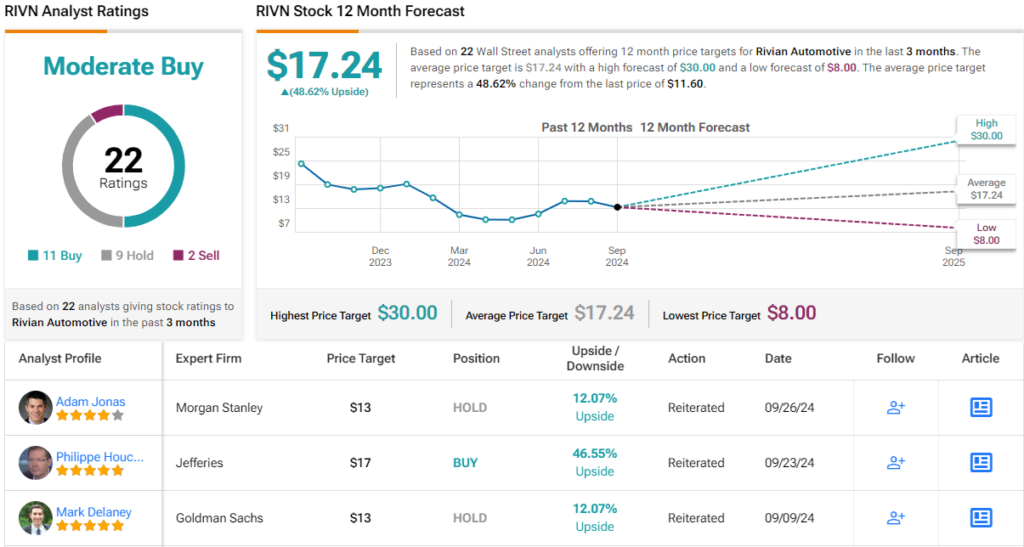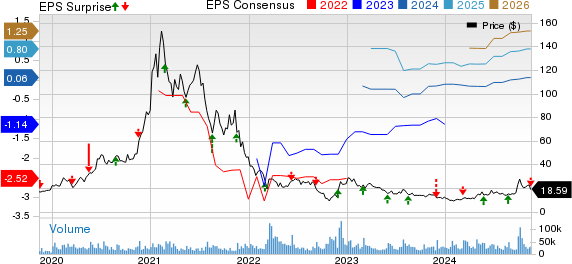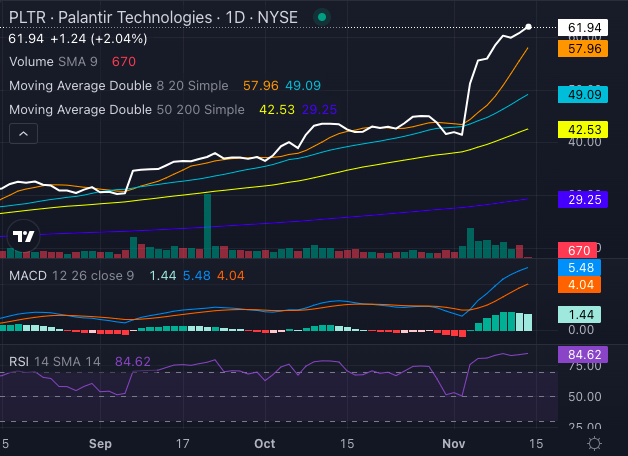Chinese Market Forces Rocking the Automotive Boat
China, the behemoth that is the world’s largest automotive market, is sending shockwaves through the US car industry. Adam Jonas, a seasoned Morgan Stanley analyst, highlights China’s dominance, surpassing Japan in vehicle exports in 2023 and continuing to widen the lead in 2024. Not only does China reign supreme in the electric vehicle (EV) sector in terms of volume but also in pricing, leaving US auto giants in the dust.
Rivian: Navigating the Electric Vehicle Landscape
Rivian, the plucky EV player that weathered the stormy seas of pre-production challenges, finally made headway into the consumer market by launching its fully electric R1T pickup truck in 2021. While a tad behind schedule, Rivian made history as the first US company to roll out an all-electric pickup. With the R1S joining its vehicle lineup, Rivian’s innovative ‘skateboard’ chassis embodies flexibility and cost-efficiency.
What truly sets Rivian apart is its Driver+ platform, taking driver assistance and vehicle autonomy to new heights. Despite hemorrhaging cash, the company’s recent capital injection and joint venture with Volkswagen spell a promising future. However, Morgan Stanley’s cautionary stance suggests potential pitfalls in Rivian’s quest for profitability amid rising costs.
Ford Motor: Navigating Turbulent Waters
A stalwart of Detroit’s automotive legacy, Ford Motor, built its reputation on cutting-edge technology and a keen eye for customer preferences. With iconic models like the Mustang and F-series trucks anchoring its success, Ford faces the dual challenge of preserving tradition and embracing the EV revolution.
The transition to electric vehicles, exemplified by the electric Mustang and F-150, underscores Ford’s commitment to staying relevant in an evolving market. While the company’s historic models continue to drive profits, the pressure to adapt to greener pastures looms large.
Challenges for American-Made EVs Despite Positive Outlook
American-made Electric Vehicles (EVs) are making waves in the automotive industry, but Ford’s electric vehicles are grappling with high prices and customer resistance. Despite the buzz surrounding popular models, Ford’s EVs only accounted for a small fraction of the company’s total sales in the last month. With just 8,944 pure electric and 16,394 hybrid electric vehicles sold out of 182,985 vehicles of all types, Ford faces an uphill battle against the more dominant sales figures of over 70,000 F-series trucks in a single month.
Ford’s Financial Performance in the EV Segment
Although Ford’s EV segment is running at a net loss, the company is strategically compensating through other business segments. In the recent quarterly results disclosed for 2Q24, Ford reported total revenues of $47.8 billion. While automotive revenue showed a promising 5.6% year-over-year increase, it fell $70 million short of forecasts. Despite maintaining profitability with a non-GAAP EPS of 47 cents, this figure was 21 cents lower than predicted and down 25 cents from the previous year’s quarter.
Analyst Perspectives on Ford’s Future
Morgan Stanley analyst Jonas is pessimistic about Ford’s outlook, citing numerous challenges ahead for the company. Jonas expresses concerns about pricing and mix issues in Ford’s EV segment, as well as obstacles related to regulatory compliance within the evolving automotive technology landscape.
Jonas downgraded Ford’s rating from Overweight to Equal Weight (Hold), outlining a cautious approach due to anticipated share loss, price/mix challenges, and risks associated with regulatory compliance and new automotive technologies. He reduced Normalized EPS expectations by 15.1%, projecting a lower trajectory for earnings and valuation.
Market Outlook and Price Targets
Despite Jonas’ reserved stance, Ford’s stock is currently trading at $10.78, with an average price target of $13.19 indicating a potential 22% increase within the upcoming year. The stock holds a consensus Hold rating, with 4 Buy recommendations, 10 Holds, and 1 Sell.
Conclusion
While Ford’s EVs face challenges in the current market landscape, there is optimism surrounding the company’s ability to navigate these hurdles and drive growth in the future. With a mixed outlook from analysts but an overall positive sentiment from Wall Street, Ford’s journey in the electric vehicle space continues to be closely monitored by investors.

To explore potential investment opportunities in undervalued stocks, investors can utilize TipRanks’ Best Stocks to Buy tool, which consolidates all equity insights from the platform.
Disclaimer: The views and opinions expressed in this article reflect those of the featured analysts and are intended for informational purposes only. It is crucial to conduct one’s own research before making any investment decisions.



